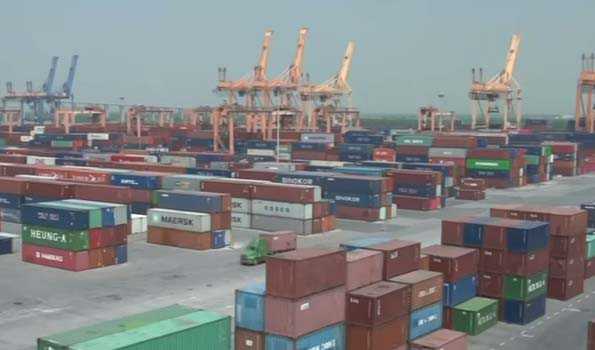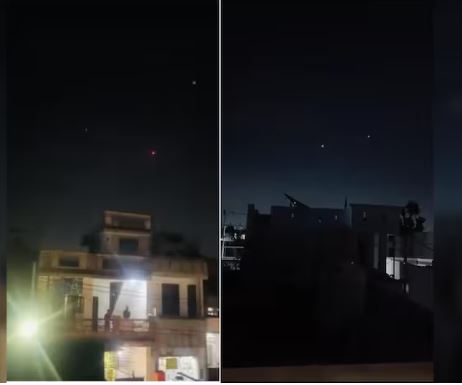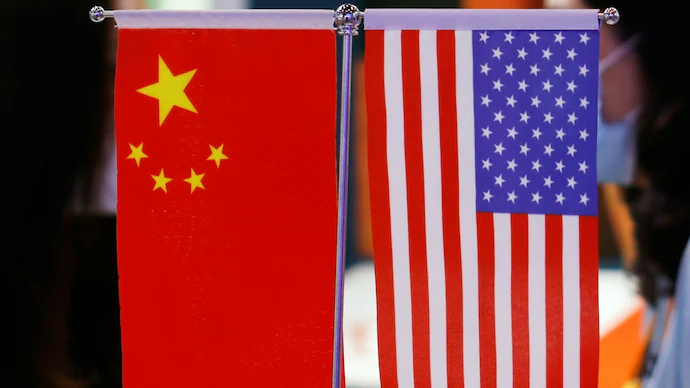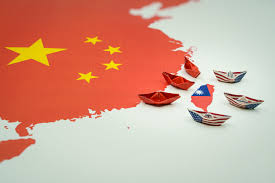Vietnam to crack down on Chinese goods shipped to US via its territory

NEW DELHI: In a bid to avoid steep U.S. tariffs, Vietnam is set to crack down on Chinese goods being routed through its territory and labeled as Vietnamese to benefit from lower import duties. This move comes amid growing pressure from U.S. officials, including White House trade advisor Peter Navarro, who raised concerns about Chinese goods entering the U.S. market under "Made in Vietnam" labels.
According to a government document reviewed by Reuters and a source familiar with the matter, Vietnam will also tighten export controls on sensitive goods headed to China. This announcement follows discussions between a Vietnamese deputy prime minister and the U.S. Trade Representative, which aimed to address concerns over trade fraud and maintain strong economic ties with Washington.
Despite offering several trade incentives to the U.S., Vietnam was recently slapped with a 46% tariff as part of President Donald Trump's "Liberation Day" trade actions. While those duties have been paused for 90 days, Vietnam hopes to negotiate the rate down to between 22% and 28%.
Vietnam's government said it would intensify its crackdown on trade fraud, though it did not provide specific measures. A high-level meeting on April 3 instructed customs and trade officials to submit a detailed anti-transhipment plan within two weeks, focusing on addressing U.S. concerns without provoking China—a major investor and neighbor with whom Vietnam shares complex diplomatic ties.
Illicit transhipment refers to goods being shipped from a high-tariff country to a low-tariff country, only to be re-exported under false labeling with little to no value added. U.S. officials allege that China has been exploiting Vietnam in this way to bypass U.S. tariffs. In some cases, Chinese goods reportedly stayed in Vietnamese ports just long enough to receive "Made in Vietnam" documentation.
Vietnam is also tightening controls on dual-use technologies, such as semiconductors, which have both civilian and military applications. A draft decree from the trade ministry outlines stricter regulations to prevent unauthorized tech transfers to third countries, including China.
In a separate move aimed at strengthening U.S. ties, Vietnam has approved the rollout of Starlink, the satellite internet service operated by Elon Musk. This decision aligns with U.S. efforts to maintain leadership in space and technology amid growing rivalry with China.
Vietnam is walking a fine line between preserving its valuable economic and strategic relationship with the U.S. while maintaining cordial ties with China. Notably, Chinese President Xi Jinping is expected to visit Vietnam next week, a trip that may coincide with Hanoi approving Chinese-made COMAC planes for use by Vietnamese airlines—potentially opening new markets for China’s struggling aerospace ambitions.
Vietnamese carriers also recently announced deals involving U.S. loans to purchase Boeing aircraft, underscoring Hanoi’s balancing act between the world’s two superpowers.











